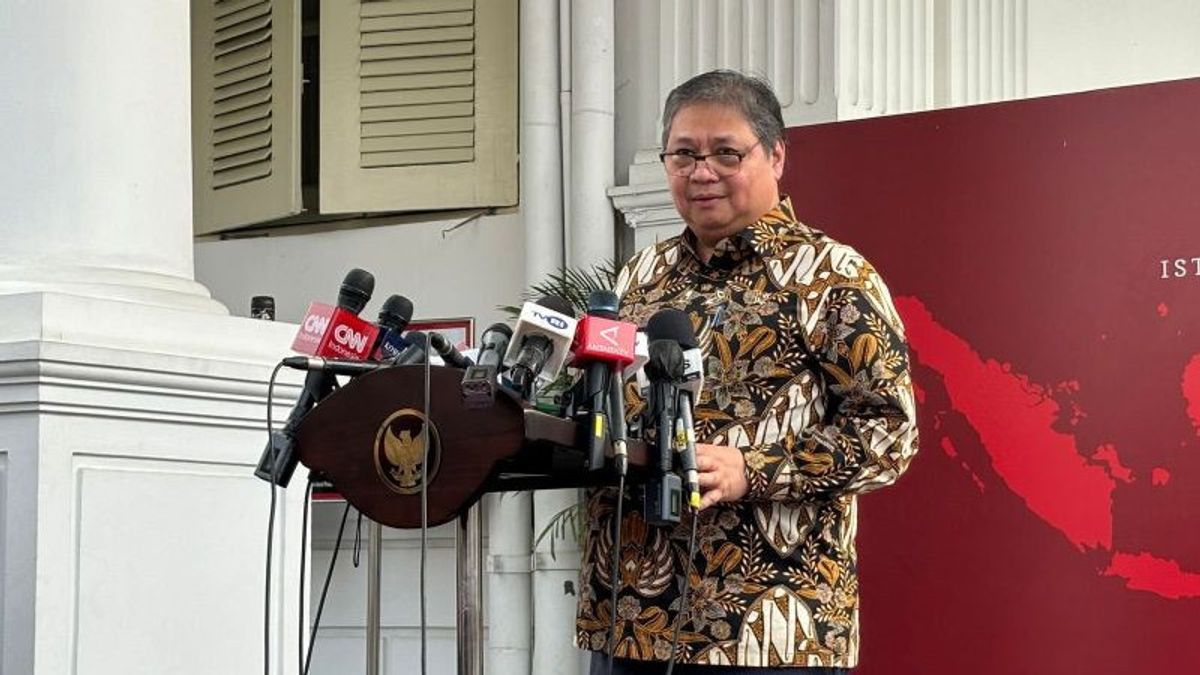Coordinating Minister for the Economy Airlangga Hartarto said President Joko Widodo asked that the COVID-19 credit restructuring stimulus which was due in March 2024 could be pushed back until 2025.
This was conveyed by Airlangga after attending the Plenary Cabinet Session regarding the Economy at the State Palace in Jakarta, Monday, June 24.
"Earlier there was a President's directive that the restructuring credit due to COVID-19 should have matured in March 2024, this was proposed to the OJK later through KSSK and the Governor of BI to resign until 2025," said Airlangga at the Presidential Palace in Jakarta, reported by ANTARA.
He said the move was expected to reduce banks from causing losses due to People's Business Credit (KUR).
"If we look at the majority of the matches that have fallen in October 2020, there are IDR 830 trillion and March (2024) has dropped to IDR 228.2 trillion," he said.
SEE ALSO:
Previously, the Financial Services Authority (OJK) noted that the use of the COVID-19 credit restructuring stimulus reached IDR 830.2 trillion since the policy was realized in 2020 until it ended on March 31, 2024.
"During the four years of implementation, the utilization of this credit restructuring stimulus has reached Rp830.2 trillion, which was given to 6.68 million debtors in October 2020, which is the highest figure in Indonesian history," said OJK Banking Supervision Chief Executive Dian Ediana Rae in Jakarta, Sunday, March 31, 2024.
Dian said as many as 75 percent of the total debtors receiving the stimulus were the micro, small and medium enterprises (MSMEs) segment, or as many as 4.96 million debtors with a total outstanding value of IDR 348.8 trillion.
In line with the economic recovery that has occurred, the trend of restructuring credit continues to decline both in terms of outstanding and the number of debtors.
In facing the end of the COVID-19 stimulus policy, the OJK previously stated that it had considered all aspects in depth, namely by looking at the readiness of the banking industry, macro and sectoral economic conditions, and maintaining compliance with international standards.
The English, Chinese, Japanese, Arabic, and French versions are automatically generated by the AI. So there may still be inaccuracies in translating, please always see Indonesian as our main language. (system supported by DigitalSiber.id)


















